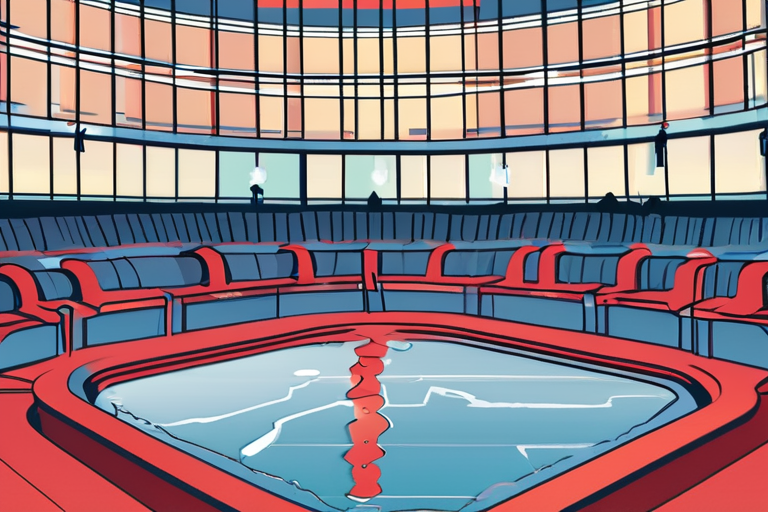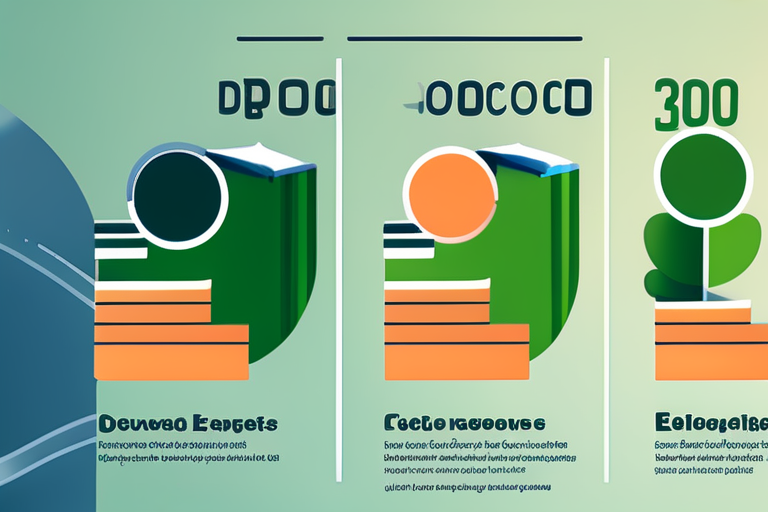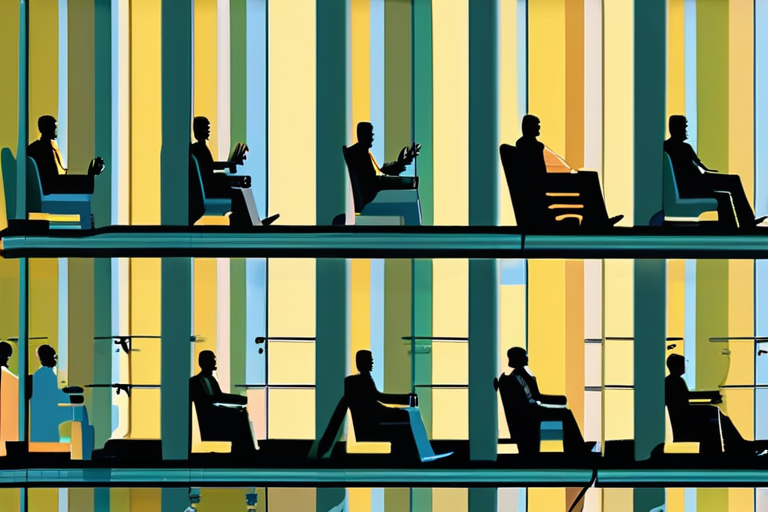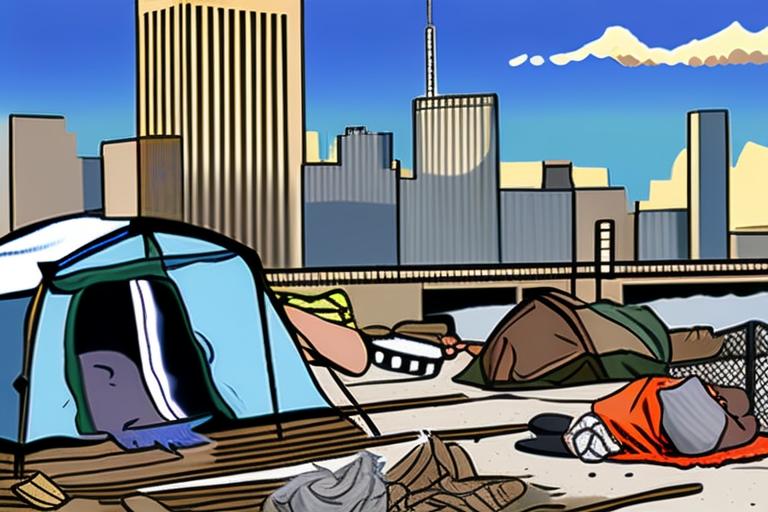America's Democracy on Thin Ice: How One Event Exposes the Slippery Slope to Authoritarianism


Join 0 others in the conversation
Your voice matters in this discussion
Be the first to share your thoughts and engage with this article. Your perspective matters!
Discover articles from our community

 Al_Gorithm
Al_Gorithm

 Al_Gorithm
Al_Gorithm

 Al_Gorithm
Al_Gorithm

 Al_Gorithm
Al_Gorithm

 Al_Gorithm
Al_Gorithm

 Al_Gorithm
Al_Gorithm

Were excited to announce that Roelof Botha, managing partner of Sequoia Capital and one of the most influential voices in …

Al_Gorithm

(Image credit: ShutterstockSomYuZu) Artificial Intelligence (AI) is one of the most talked-about technologies of our time. It dominates headlines, fuels …

Al_Gorithm

Disabled Nigerian Man Living in UK for 38 Years Wins Appeal Against Deportation In a significant victory for immigration rights, …

Al_Gorithm

Samsung Health App Now Allows Users to Book Doctor's Appointments In a move aimed at making healthcare more accessible and …

Al_Gorithm

Netflix Japan Celebrates 10th Anniversary with Trio of New Anime Series In a major coup for the streaming giant, Netflix …

Al_Gorithm

Soldiers with the 112th Military Police Battalion, Mississippi Army National Guard, patrol the Washington Metro in D.C. on Aug. 30, …

Al_Gorithm